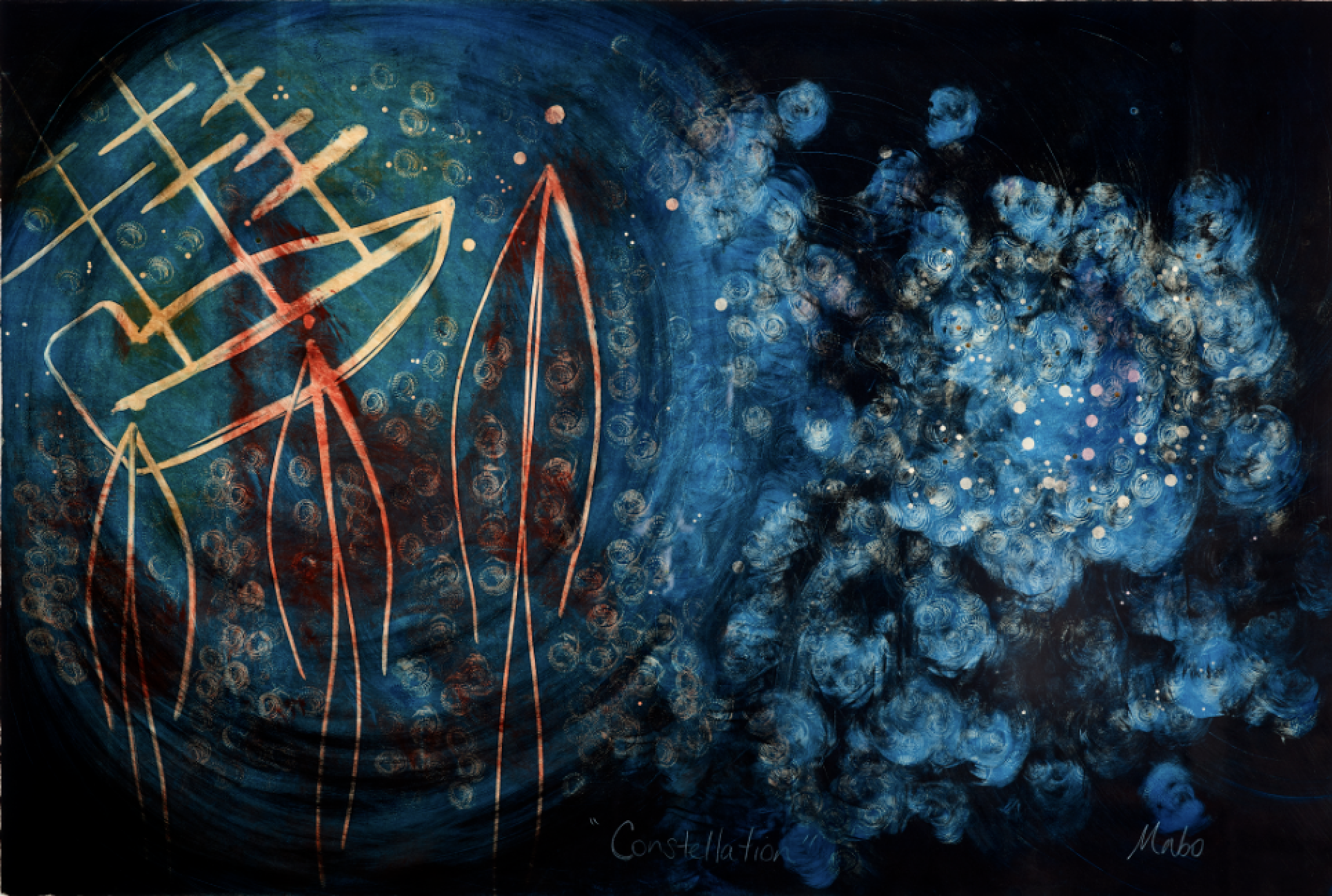"Just Passing"
Teaching and Learning with Non-Indigenous Students through Acknowledgement of Country
Abstract
At the opening of the Federal Parliament’s Senate Chamber in August 2022, Senator Pauline Hanson staged a demonstration against the Acknowledgement of Country, including a prepared media statement and a performative walkout from the chamber. The act of acknowledging Ngambri and Ngunnawal Country was, Hanson stated, not a traditional custom and was a “divisive” one. As a non-Indigenous academic in the tertiary sector, I want to explore how pedagogy can create a site to reflect this public conversation and take it much further than the media cycle.
In this article, I will show how my attempts to address this within the teaching and learning of Creative Writing has developed from observing a lack of relational agency in non-Indigenous young adults towards First Nations sovereignty and settler colonial history in the Eastern Kulin Nation. Finding a gap in the pedagogy of Creative Writing and Literary Studies to address this lack, I put forward evidence from my own classroom that tracks the journey of students coming into an understanding of – and desire for – lawful relations within and beyond the discipline.
Specifically, I make a case that Acknowledgement of Country is a fundamental opportunity and obligation for non-Indigenous Australians. Documenting how Acknowledgement forms a core task in my teaching practice, I share how it provokes non-Indigenous students to consider the impacts of truth-telling, standpoint, listening and active commitment in their education and lives as cultural participants. Whilst my findings are pedagogical in origin, the rationale of this article straddles creative writing studies, cultural studies and Indigenous-settler relations, and I suggest that the value of its findings are transdisciplinary in application.
Downloads
Published
Issue
Section
License
The copyright for articles in this journal is retained by the author(s), with first publication rights granted to the journal. By virtue of their appearance in this open access journal, articles are free to use with proper attribution in educational and other non-commercial sectors.Attribution-NonCommercial-ShareAlike 2.1 Australia
This work is licensed under the Creative Commons Attribution-NonCommercial-ShareAlike 2.1 Australia License. To view a copy of this license, visit http://creativecommons.org/licenses/by-nc-sa/2.1/au/ or send a letter to Creative Commons, 543 Howard Street, 5th Floor, San Francisco, California, 94105, USA.

